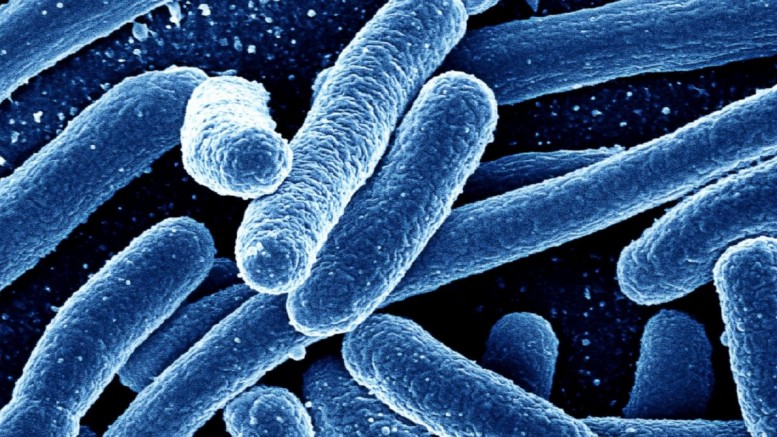Evidence has surfaced that the super bacteria resistant to all antibiotics has made its way to several Olympic sites in Rio de Janeiro, Brazil that will host the swimming part of the triathlon and in a lagoon where rowing and canoe athletes will compete on August 5.
Health concerns have been hanging over the upcoming Olympics like a dark cloud, especially in regards to the Zika virus. As a result, many athletes have contemplated not competing. Others are taking extreme caution, including Greg Rutherford who froze his sperm in case he happens to contract the virus. Some are concerned about Olympic athletes swimming in extremely toxic water. There have been reports that raw sewage from Rio makes its way into the Guanabara Bay where the athletes will be competing.
Two unpublished academic studies discovered five beaches, including Copacabana, Ipanema, Leblon, Botafogo and Flamengo and Rio de Janeiro’s Rodrigo de Freitas lagoon, were associated with the superbug bacteria, Reuters reported.
An urgent public health threat
According to a 2014 study, the super bacteria was detected, which the US Centers for Disease Control and Prevent (CDC) deemed an urgent public health threat, off one of the beaches of Guanabara Bay, where sailing and wind-surfing are to take place during the Games.
The first of the two studied was analyzed in September by scientists at the Interscience Conference on Antimicrobial Agents and Chemotherapy in San Diego and found the microbes at five of Rio’s showcase beaches, including one where the open-water and triathlon swimming are to take place.
The researchers say the superbug can cause urinary, gastrointestinal, pulmonary and bloodstream infections and meningitis. The CDC noted that antibiotic-resistant infections tend to “require prolonged and/or costlier treatments, extend hospital stays, necessitate additional doctor visits and healthcare use and result in greater disability and death.”
The impact the bacteria will have on the athletes and public is determined by a person’s immune system. As five scientists told Reuters, the bacteria can enter the body, lie inactive and then attack later whenever an individual gets sick for a different reason. Not only does super bacteria harm people; they can harm benign bacteria in the waters and make them resistant to antibiotics.
Valerie Harwood, an expert in antibiotic-resistant bacteria at the University of South Florida who was not involved in the studies, told Reuters that the super bacteria genes found in the Olympic lagoon were not likely dangerous if consumed by themselves because they have to be shielded by a bacterium.
“Those genes are like candy. They are organic molecules and they’ll be eaten up by other bacteria, other organisms,” Harwood said. “That’s where the danger is – if a person then ingests that infected organism – because it will make it through their gastrointestinal tract and potentially make someone ill.”
Poor sanitation leads to superbug infestation
Renata Picao, a professor at Rio’s federal university and lead researcher of the beach study, explained to Reuters the bacteria’s infestation of Rio’s beaches was provoked by insufficient sanitation in a region encompassing approximately 12 million people.
“These bacteria should not be present in these waters,” Picao said. “They should not be present in the sea.”
The propagation of the superbug bacteria is fueled by waste from hospitals and households flowing from drains, rivers and streams cutting through the city.
Reuters contacted INEA, the Environmental Agency of São Paulo State, about the results of the study. In response, the agency emailed a statement, claiming it abided by the World Health Organization’s (WHO) suggestions for testing recreational water safety, and that screening for super bacteria is not demanded by WHO’s suggestions.
Sources:


